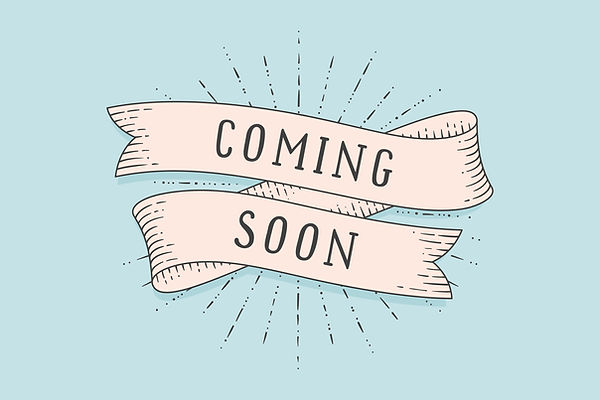June Woman of the Month: Activist and Model, Adwoa Aboah

After a suicide attempt that landed her in a four-day coma, model and activist Adwoa Aboah
co-founded Gurls Talk – an online community that has championed change and compassion
since its start in 2016.
Aboah is perhaps best known for being the face of global brands including Burberry, Versace and Armani, but her work extends far beyond the modelling industry.
Since 2014 she has been a resolute advocate for reducing the stigma that continues to surround mental illness.
Aboah’s success is vastly attributable to the candour with which she speaks about her own
battle with bipolar, addiction and depression. All of which are too often weighed down by
antiqued taboo.
In 2018, Aboah posted a series of photos to Instagram to mark World Mental Health Day:
“I look at these photos and I see a different person staring back… the darkness had overtaken me, the grey had engulfed my life, I was broken, exhausted and the life has completely left my eyes. I mourn the girl I once was, it’s almost as if I’d like to jump into the photo, kiss away the tears, hug her forever and tell her that she is not alone.”
Aboah has become a voice for those who cannot find their own. Thus, came the birth of her online community – Gurls Talk.
Now collating over 305,000 Instagram followers, the platform offers a safe space for women to talk freely on all topics within the scope of mental health, education and identity. But it goes beyond just discussion. It offers encouragement to explain and explore pain, loss and grief through personal essays, poetry and art.

Over the last 6 years, Gurls Talk has expanded their presence from solely an on online
platform. Hosting weekly podcasts and worldwide events, Aboah is shifting her focus to
reach audiences outside of the UK. Their events are run following an open-discussion format,
allowing women to talk in a safe space with no judgement.
Aboah often speaks fondly of her work in Ghana, her father’s birth country. In discussion
with the Guardian on her work in Ghana, she recalls a panel event well:
“At first everyone was a bit shy, but then they started putting their hands up and sharing all these things around sexual assault in school, for example, things I didn’t necessarily know where such big subjects because I didn’t grow up in Ghana. But I have been going there all my life. It was monumental to me.”
Such events are imperative in countries, such as Ghana, where discussions on mental health are too-often restricted by ‘norms’ and thus potentially limited in scope.
This has also been the foundation of her #CopingTogether campaign. During the on-going
pandemic, Gurls Talk launched the campaign to provide help for those struggling with
feelings of isolation through creativity – a cause close to Aboah’s personal story.
In an interview with Melissa Mahtani, she says:
“I was not able to articulate what was actually going on in my head but was given space to start putting it down on paper…and that’s a massive part of #CopingTogether.”
It is such campaigns that are hopeful attempts to contain the acute pain and solitude that
many suffering with mental illness endure daily. During the first 4 months of the pandemic
alone, depression rates increased by 9.5% across the UK – this is undoubtedly an epidemic
in itself.
We live in a world where mental health is vastly acknowledged yet continues to lack acceptance.
Our society operates on an engrained system of rejecting the importance and severity of mental disorder. Without education on mental illness, the sheer ubiquity of shame projected onto those living with them will never pass.

But Aboah is part of a movement that is creating open and honest conversation around mental health, and making the future far more optimistic.
Speaking with Vogue, she discusses her hopes to integrate the work of Gurls Talk into the education system:
“One day it would be great to have a centre. When I dream about it, it is a classroom filled with girls who have an hour a week to talk and be educated on all those things that the curriculum doesn’t give you.”
Doing so could offer young people the chance to speak openly on mental health and shed
stigma that too often comes hand in hand with such discussions.
Advocacy has become second nature to many young models and influencers in the last
decade. But within this, Aboah has taken an idea and spun it into something that has both
the potential and scope to save lives.
She is leading the way to a new age for activism. And with it, a hope for transparency across the remit of mental health.
